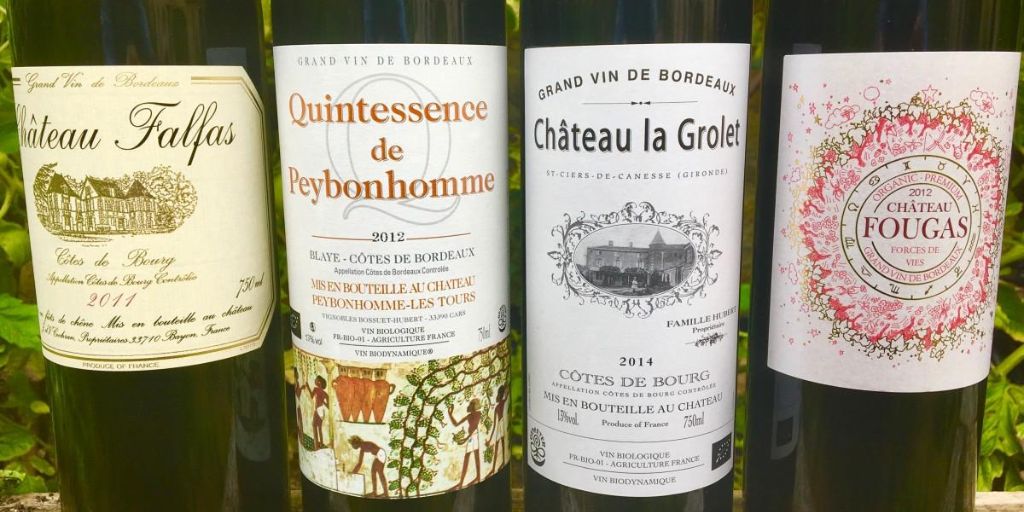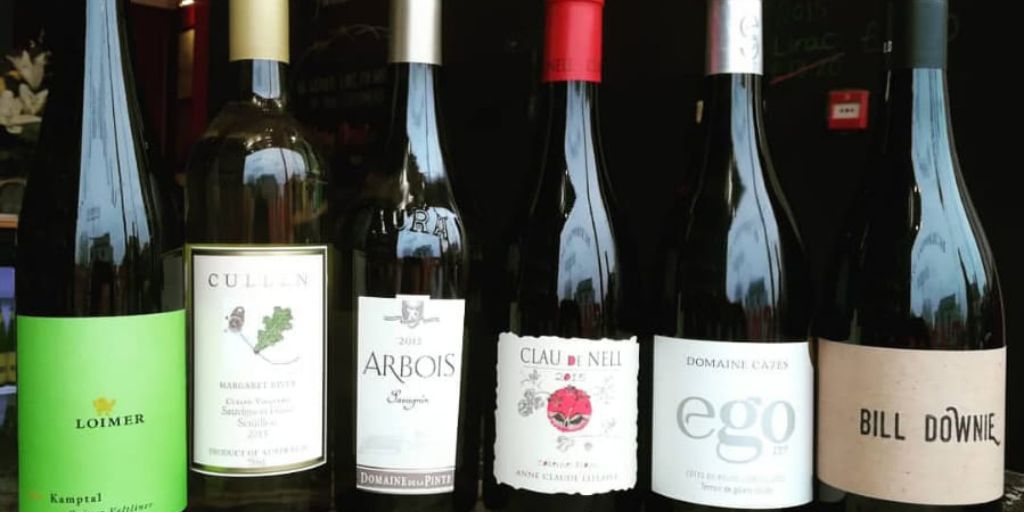At first glance, biodynamic wine may sound like a buzzword or another trend in sustainable drinking. But beneath the surface, it’s rooted in a century-old agricultural philosophy that treats the vineyard as a living, breathing ecosystem—aligned not just with the earth, but also with the cosmos.
Biodynamic wine takes organic practices a step further, introducing spiritual and astrological principles to viticulture.
For wine drinkers looking to deepen their understanding and make more conscious choices, biodynamic wine offers an intriguing—and sometimes controversial—alternative to conventional winemaking.
The Origins of Biodynamic Farming
Biodynamic agriculture began in the 1920s with Austrian philosopher Rudolf Steiner, who sought to offer a spiritual and holistic alternative to increasingly industrial farming methods. His lectures formed the basis of biodynamic principles, which emphasize:
-
Viewing the farm (or vineyard) as a self-contained organism
-
Enhancing soil health and biodiversity
-
Using specific natural preparations for fertilization and pest control
-
Following a lunar calendar for planting, pruning, and harvesting
While originally applied to farming in general, these ideas soon found their way into viticulture, especially in parts of France, Italy, Germany, and more recently, the U.S. and Australia.
Biodynamic vs. Organic Wine: What’s the Difference?
Though biodynamic and organic wines share common ground, there are key distinctions:
| Aspect | Organic Wine | Biodynamic Wine |
|---|---|---|
| Pesticides | No synthetic chemicals | No synthetic chemicals |
| Fertilizers | Organic-only | Organic + specific biodynamic preparations |
| Certification | USDA Organic, EU Organic, etc. | Demeter, Biodyvin |
| Calendar Use | Not required | Required (lunar and celestial cycles) |
| Philosophy | Environmental focus | Holistic, spiritual, and cosmic approach |
In essence, all biodynamic wines are organic, but not all organic wines are biodynamic.
Core Principles of Biodynamic Viticulture
1. The Farm as a Living Organism
A biodynamic vineyard isn’t just a plot of grapevines—it’s treated as a self-sustaining system. That means fostering:
-
Soil microbiology
-
Native flora and fauna
-
Insect populations (even pests, to an extent)
-
Cover crops and composting
This interconnectedness is seen as key to vine health and, ultimately, wine quality.
2. Biodynamic Preparations
Steiner proposed nine numbered preparations, made from herbs, minerals, and animal parts, applied in homeopathic doses to compost or directly onto soil and vines.
Examples include:
-
Preparation 500: Cow manure fermented in a cow horn and buried over winter, then sprayed on soil.
-
Preparation 501: Ground quartz in a cow horn, used to enhance sunlight absorption.
While this may sound mystical, proponents argue these preparations stimulate microbial activity and plant vitality.
3. Lunar and Celestial Rhythms
The biodynamic calendar divides days into:
-
Fruit days: Best for harvesting
-
Root days: Ideal for pruning
-
Leaf days: Watering days
-
Flower days: Leave vines undisturbed
This calendar is based on the moon’s orbit and its alignment with constellations. Critics dismiss this as pseudoscience, but many winemakers swear by its influence on vine energy and even wine taste.
Biodynamic Winemaking: In the Cellar
The biodynamic approach doesn’t end in the vineyard. In the winery, practices emphasize minimal intervention, including:
-
Indigenous (wild) yeast fermentation
-
No or minimal sulfur additions
-
No chemical additives or fining agents
-
Avoiding excessive filtering or manipulation
The goal is to let the vineyard’s character shine through, with nothing artificial obscuring its expression.
Certification and Labels
To ensure authenticity, biodynamic wines are often certified by:
-
Demeter International: The oldest and most recognized biodynamic certification body.
-
Biodyvin: A European biodynamic wine growers association, especially prominent in France.
These labels on the bottle indicate the producer has followed strict biodynamic practices both in the vineyard and in the cellar.
What Does Biodynamic Wine Taste Like?
There’s no single “biodynamic” flavor profile, but fans often describe these wines as:
-
Lively and vibrant
-
Expressive of terroir (sense of place)
-
Energetic and fresh
-
Less manipulated or uniform
Because biodynamic wines are often unfiltered and made with minimal additives, they can also exhibit natural wine characteristics—cloudiness, funkiness, or unpredictability. That said, many biodynamic wines are clean, refined, and age-worthy, depending on the producer’s skill.
Pros and Cons of Biodynamic Wine
✅ Pros
-
Environmental sustainability: No synthetic chemicals; promotes biodiversity.
-
Terroir-driven expression: Less manipulation means more authentic flavor.
-
Healthier soils: Builds long-term vineyard resilience.
-
Minimal additives: Often lower in sulfites and more “natural.”
❌ Cons
-
Higher costs: More labor-intensive farming and certification.
-
Inconsistent results: Vintage variation is more noticeable.
-
Pseudoscientific reputation: Some aspects (e.g., cow horn rituals) draw skepticism.
-
Not always vegan: Some preparations involve animal products.

Notable Biodynamic Wine Producers
-
Nicolas Joly (France) – One of biodynamics’ earliest advocates in the Loire Valley.
-
Cullen Wines (Australia) – Fully biodynamic Margaret River winery.
-
Zind-Humbrecht (Alsace) – Combines precision winemaking with biodynamic farming.
-
Quivira Vineyards (California) – Sonoma-based, sustainable and biodynamic.
-
Araujo Estate (now Eisele Vineyard, Napa Valley) – High-end biodynamic Bordeaux-style blends.
Many of these producers make world-class wines, proving biodynamic farming isn’t just for fringe natural winemakers.
Final Thoughts: Is Biodynamic Wine Worth It?
Biodynamic wine is as much a philosophy as it is a method of farming. Whether or not you believe in lunar calendars or mystical compost, the core of biodynamics—healthy soils, ecological balance, and hands-off winemaking—results in wines with a strong sense of identity and place.
For the health-conscious drinker, environmentally minded consumer, or wine geek chasing purity of flavor, biodynamic wines offer a compelling and often delicious path. And even for the skeptics, the growing number of acclaimed biodynamic producers is hard to ignore.
Next time you’re browsing a wine list or shop shelf, look for labels like “Demeter Certified” or ask your retailer about biodynamic options—you might discover a new favorite wine that’s as good for the planet as it is for your palate.


